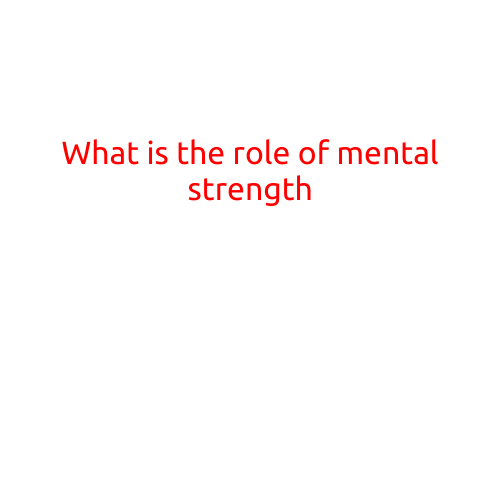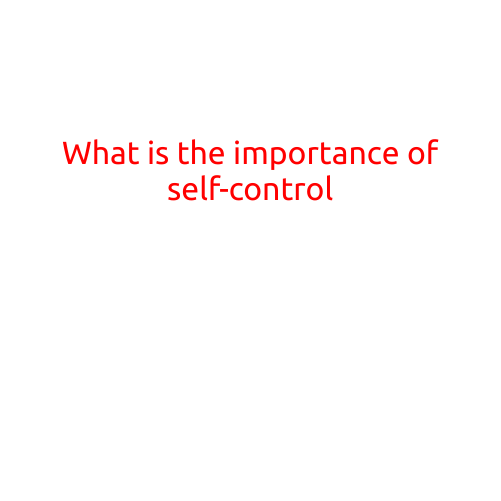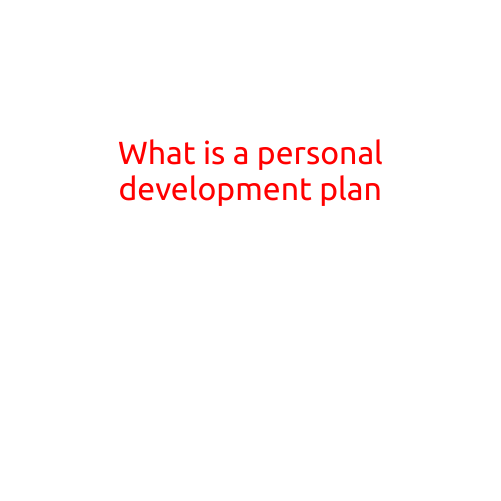
What is the Role of Mental Strength?
In today’s fast-paced and ever-changing world, having mental strength is more crucial than ever. Mental strength, also known as resilience, refers to the ability to cope with stress, adversity, and uncertainty while maintaining emotional well-being and functioning. It is the capacity to resist and recover from the pressures and challenges that life throws our way, and it plays a vital role in our overall health, well-being, and success.
What Exactly is Mental Strength?
Mental strength is not just about being tough or resilient; it’s about having the ability to regulate your emotions, thoughts, and behaviors in the face of adversity. It involves being able to:
- Manage stress and anxiety: Mental strength helps you to manage stress and anxiety by developing coping mechanisms and strategies to deal with difficult situations.
- Bounce back from setbacks: Resilient individuals are better equipped to recover from failures, setbacks, and disappointments.
- Build confidence and self-esteem: Mental strength helps you to develop confidence and self-esteem by focusing on your strengths and accomplishments.
- Develop emotional intelligence: Emotionally intelligent individuals are better equipped to understand and manage their emotions, leading to improved relationships and decision-making.
- Cultivate a growth mindset: Mental strength involves embracing challenges and viewing them as opportunities for growth and learning.
Why is Mental Strength Important?
Mental strength is important for several reasons:
- Improves mental health: Mental strength helps to prevent and manage mental health conditions such as depression, anxiety, and post-traumatic stress disorder (PTSD).
- Enhances performance: Employees with high mental strength are more productive, efficient, and effective, leading to improved job performance and career advancement.
- Supports physical health: Chronic stress and anxiety can have a negative impact on physical health, while mental strength helps to mitigate these effects.
- Fosters strong relationships: Mental strength promotes healthy relationships by helping individuals to develop empathy, communication, and conflict resolution skills.
- Increases overall well-being: Mental strength contributes to overall well-being by promoting a sense of purpose, direction, and fulfillment.
How Can You Develop Mental Strength?
Developing mental strength requires practice, patience, and persistence. Here are some strategies to help you build mental strength:
- Practice mindfulness: Mindfulness meditation and yoga can help you develop self-awareness and emotional regulation skills.
- Engage in regular exercise: Exercise releases endorphins, which can help to reduce stress and anxiety.
- Set realistic goals: Setting achievable goals helps to build confidence and self-esteem.
- Develop a growth mindset: Embrace challenges and view failures as opportunities for growth and learning.
- Cultivate a support network: Surround yourself with positive and supportive individuals who can help you navigate challenging situations.
Conclusion
Mental strength is a vital component of overall well-being, and it plays a significant role in our ability to cope with stress, uncertainty, and adversity. By developing mental strength, we can improve our mental and physical health, enhance our performance, and cultivate strong relationships. By incorporating the strategies outlined above into your daily life, you can build mental strength and achieve a more resilient and fulfilling life.





